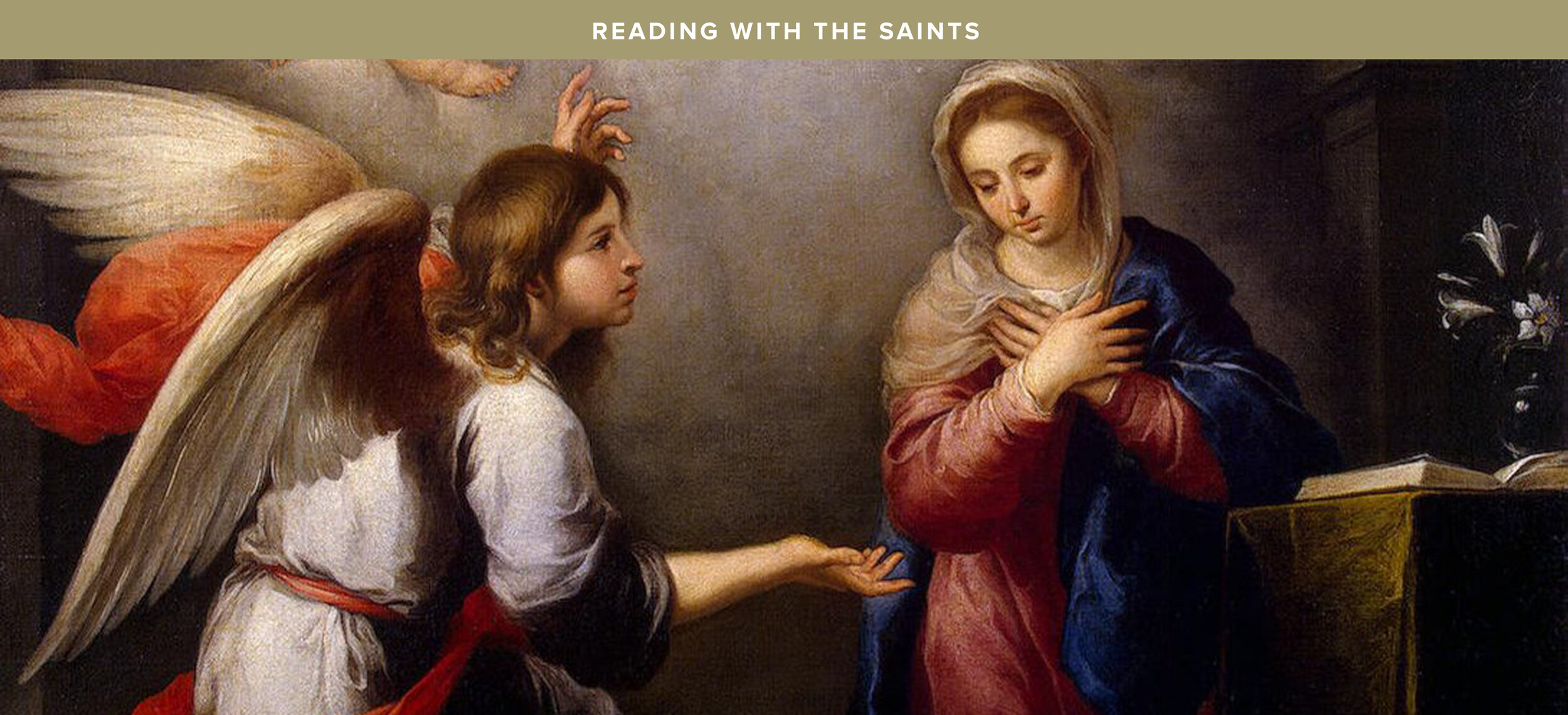Luke 16:19–20 with St. Bonaventure
“There was a rich man who was clothed in purple and fine linen and who feasted sumptuously every day. And at his gate was laid a poor man named Lazarus, covered with sores.”
In this powerful parable, Jesus draws a distressing contrast between an unnamed rich man and the poor Lazarus, who sat by the rich man’s gate begging daily. St. Bonaventure, who himself lived out the practice of poverty in his Franciscan vocation, meditates on this scene to reveal its spiritual lessons: that in possessing many things we can come to be possessed by them and that we can find true freedom in embracing the spirit of poverty.
He describes how the rich man is called “rich” not just because he had many possessions, “but also because of his love of them.” His love for things entraps him in the lure of riches which in themselves cannot satisfy our deepest longings. As Bonaventure puts it, “For through its love for earthly things the spirit grows fat and is weighed down, so that it cannot travel into the higher realms of heaven.” False love for money, possessions, comfort and security prevent us from rising to the true love of God. We end up being owned by the things we own.
The rich man wore fancy clothing and feasted every day. His sin of greed was thus accompanied by gluttony, which led to his lack of mercy for the poor man at his gate. It is hard to understand hunger when our bellies are always full. While Bonaventure rejects gluttony of the flesh, he commends us to a different sort of enjoyment: “Note that there is a splendid nature to spiritual feasting, which produces wisdom.” He warns us against the dangers of over-indulging our bodily appetites, but directs us toward the satisfaction of our spiritual hunger in word and sacrament.
Bonaventure regards the rich man’s lack of mercy as particularly egregious given that Lazarus was not only poor, but lonely, sick and hungry; “these circumstances show that the poor man was worthy of mercy and consequently that the rich man was merciless and impious.” The rich man was “more generous to the dogs than to the poor man, and the dogs were more tender to the poor man than the rich man was” since they licked his sores. The contrast between the poor man’s desperate need and the rich man’s sumptuous lifestyle reveal his hardness of heart. He could have easily helped this man whose need was so obvious and so extreme.
In the end, the poor man was welcomed into glory while the rich man was condemned. The poor man was truly free, while the rich man was burdened by his many possessions. Their story serves as a warning to us not to give in to selfish desires which leave us cold toward the needs of others, but to give generously to those and in need and so feast at the table of Wisdom that we might be welcomed “into the eternal dwellings” (Lk. 16:9) by the righteous poor.[1]







